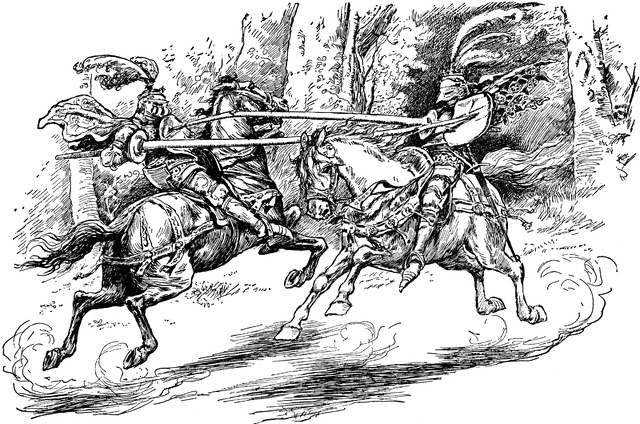
We’ve all done it… clicked on a YouTube video to watch some news clip or interesting how-to and looked up to find 2 hours have vanished. It seems more American consumers than ever are spending their free time browsing the Internet and watching online videos. Many an hour of missing writing can be laid squarely on my own fingers clicking on the well-worn buttons of my marble mouse.
I find it interesting that some publishing research firms continue to put out statistical reports that display rather rosy forecasts for the book industry, indicating anything from ‘the majority of Americans are reading more print books’ to the idea that ‘more young people are reading books–in any form—than did so in recent years’.
The wording of such reports seems simultaneously uplifting, hopeful and insistent… indeed, to the point where it awoke a frank feeling of suspicion in me last week. There was no comparison in the statistics of the time spent reading verses the time spent online watching videos, online shopping, news watching, movies, internet browsing… a.k.a. not reading books.
As an eBook author, I am very interested in whether online consumers are doing less reading and more YouTubing/Facebooking/Amazoning/Googling (not discounting other sites) whether for entertainment or educational reasons. I set upon a week-long quest to find as much data–on that subject–as I could.
Unfortunately for the book industry–and entertainment authors in general–I found several sets of rather alarming statistics about video consumption, for free.
According to a 2015 article from Psychology Today, the average consumer with an Internet connection watches roughly 206 videos per month (a number which might be arguably higher for 2016) while a Pew Research report states that 73% of Americans read “a book per year”… as in one (1) book, per year.
The science behind these kind of numbers largely boils down to efficiency: the brain processes video 60,000 times faster than it processes text. Video has another seemingly unfair advantage over text, being it is far more adept at connecting with human emotions than the ‘work’ or reading.
“When we read something,” Liraz Margalit, Ph.D. wrote in this article “we are actively involved in processing the information in front us. Our cognitive processors are working hard. But while reading is all about thinking, video is better at getting us to feel.”
This emotional connection—per some studies–is proven to lead to higher awareness and conversion.
According to their website, YouTube reaches more 18-34 and 18-49 year-olds than any cable network in the U.S.
- In 2015 two-thirds of Americans owned & used a smartphone
- According to their site, more than half of YouTube views come from mobile devices
· In Jan. 2016, Facebook announced users watch 00 million hours of video a day
· In Feb. 2016, Google CEO, Sundar Pichai, reminded investors that YouTube’s audience watches hundreds of millions of hours of video daily
Since 2012, YouTube has measured its performance in terms of “hours watched,” not video views. As of 2016, Facebook now also refers to the “hours watched” metric, which is good considering Facebook counts a video “view” as a minimum of 3 seconds, verse YouTube’s minimum of 30.
Consumers seem to prefer video, too. According to Cisco Forecast, video will represent 69% of all consumer-based Internet traffic by 2017; this is expected to rise to 80% by 2019. Another study from Business Insider estimates that video advertising will account for 41% of total desktop display-related spending in 2020 in the US.
Digital marking firm Invodo says this on its website: “Marketers who use video grow revenue 49% faster than non-video users.” (Aberdeen via Vidyard, 2015)
My own consumer-driven experiences online seem to back up the video data: as an Amazon customer, I’ve noted a marked increase in videos being added to various consumer products–like women’s fashion–showing a model genteelly sashaying around in front of a white backdrop; that particular kind of video, however, gums up my processor speed, forcing me to click on a static image. Processor speeds aside, the idea itself has merit; it is kind of nice to see how a dress looks on a real person, verses a mannequin (if one can get past the ideal proportions of either display method) and I have purchased camera equipment based on the promotional video showing its capabilities.
Tying this in with internet consumerism, the entertainment aspect of writing these days seems more tied to video representation, with growing numbers of authors using sleek, movie-like ‘book trailers’ to hock their printed wares.
Even though it seems odd to reply on video to sell books, digital or print, it’s easy to see why authors have leaped into the video fray with statistics like these:
· Readers are 64% more likely to purchase your book if they see a book trailer that effectively promotes your book. (Source: ComScore)
· Authors who use book trailer video in email campaigns can experience Open Rates [increases] from 19% to 300%! (Source: Forrester Research)
· 92% of mobile video viewers share videos with others. (Source: Invodo)
· Unbounce reports that using videos on landing pages raises conversion rates by up to 80%
But, apparently just posting a free video on YouTube or Facebook isn’t good enough to garner book sales anymore. One must seek out where their potential customers are hanging out online (data that is not free) and buy pricey ad-space for their video on said pages/sites to appeal directly to browsing consumer, competing with a glut of other writers/businesses/news outlets wanting the same space(s).
The irony of writing this piece is not lost on me. I post it knowing–full well–that it will not be read nearly as many times as a 6-second funny cat video will be seen on Vine but that merely makes the data I posted here all the more relevant.
This data has taught me one thing over the last year: all per-conceived ideas about marketing must eventually must concede to the facts. Earlier this year, our book company morphed itself from print only to including visual media, starting a photography & photojournalism business that has garnered worldwide attention.
* * *
L. R. Styles is an author with Belator Books and a photographer for Belator Media

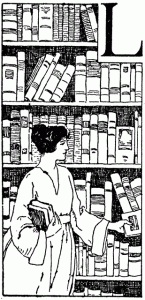


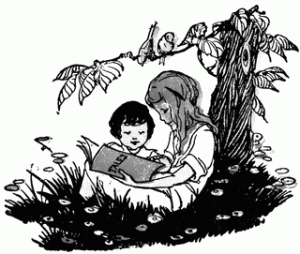

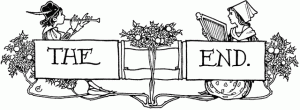
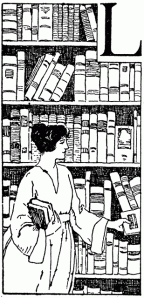 Freelance work acts much like a word ‘vampire’ on the mind of a fiction writer. To be fair, reviews, articles and copy-laden ‘crowd sourcing’ jobs make up the bulk of available work these days… but, just as much as these rigorously tight bits of employment put money in one’s pocket, they also strip away a few petals from one’s personal Stash of Inspiration.
Freelance work acts much like a word ‘vampire’ on the mind of a fiction writer. To be fair, reviews, articles and copy-laden ‘crowd sourcing’ jobs make up the bulk of available work these days… but, just as much as these rigorously tight bits of employment put money in one’s pocket, they also strip away a few petals from one’s personal Stash of Inspiration.